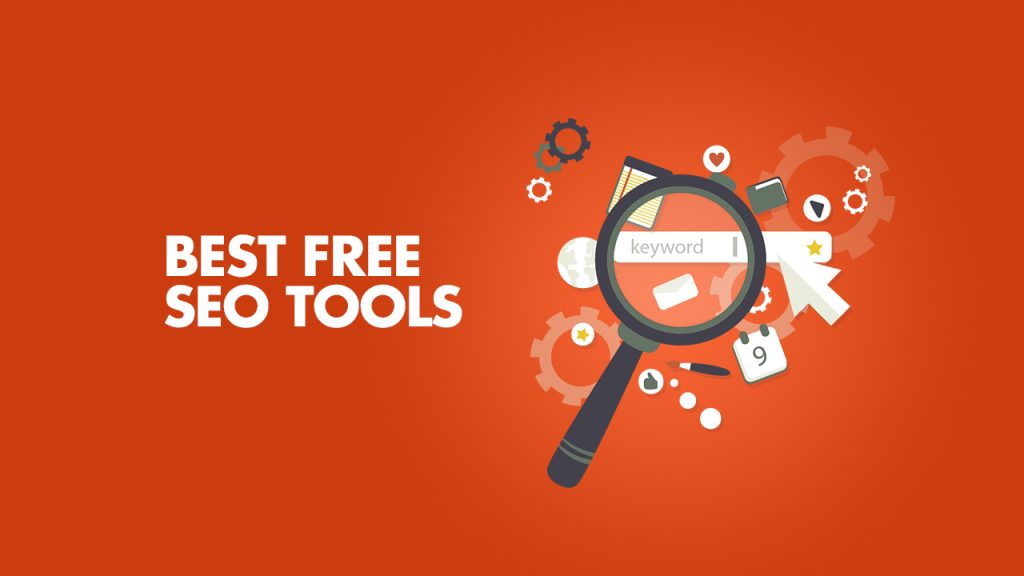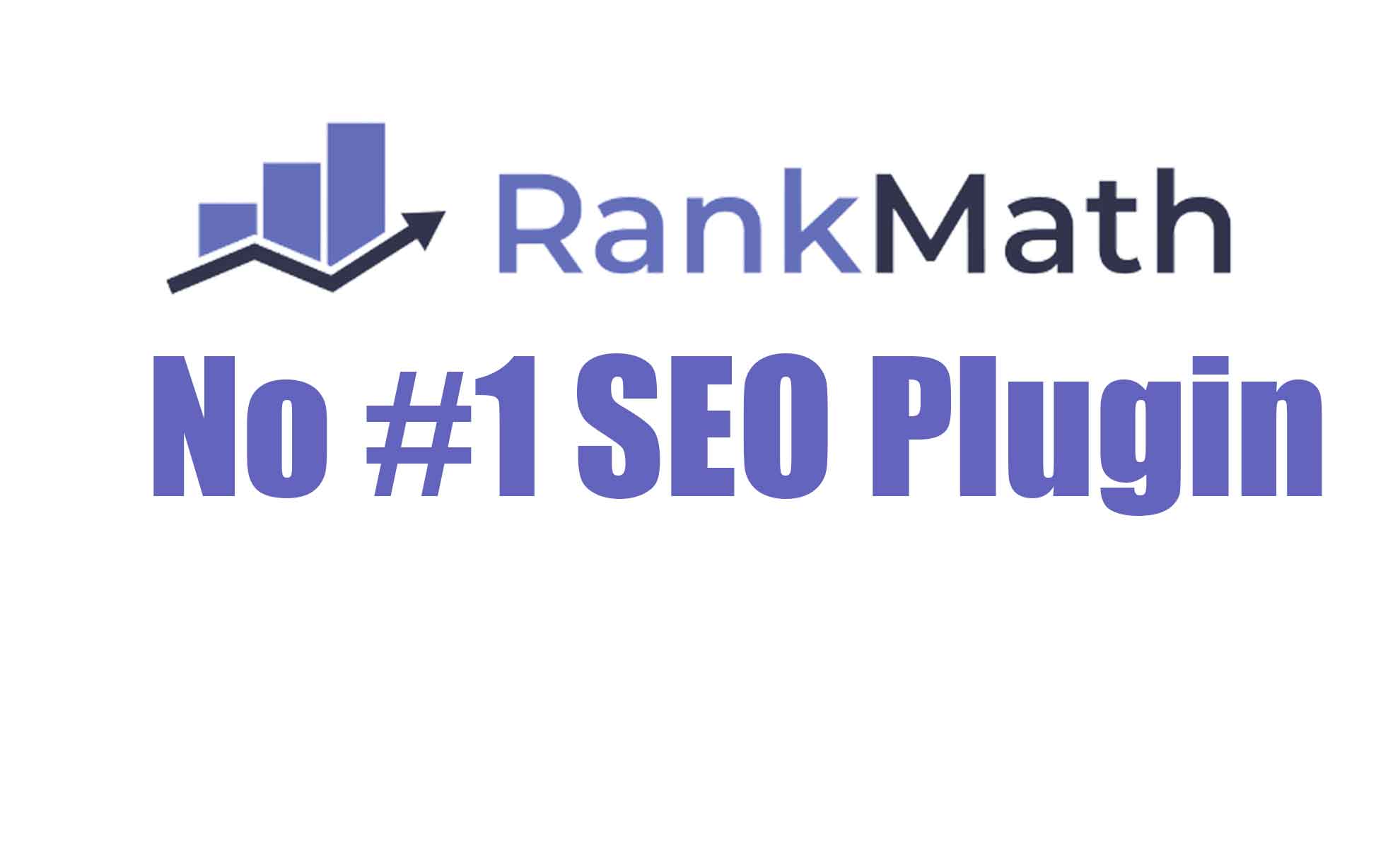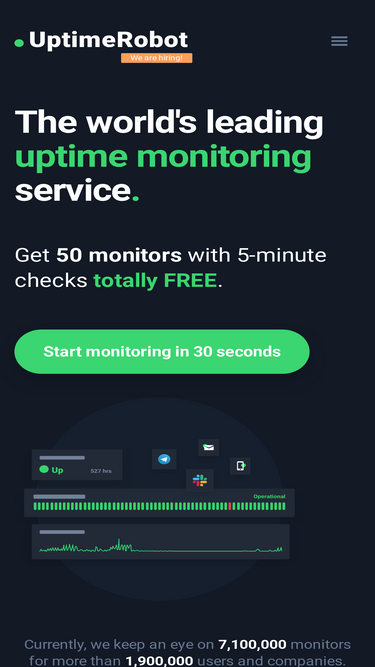Howdy, Stranger!
It looks like you're new here. If you want to get involved, click one of these buttons!
Quick Links
Categories
- 7.2K All Categories
- 98 Announcements
- 1.5K General Talks
- 1K Shared Hosting Offers
- 251 Reseller Hosting Offers
- 2.6K VPS Hosting Offers
- 240 Cloud Hosting Offers
- 1.1K Dedicated Server Offers
- 13 Hybrid Server Offers
- 3 Colocation Offers
- 40 Domain Name Offers
- 4 Hosted Email Offers
- 79 Search Engine Optimization
- 275 Other Hosting Offers
- 45 Tutorials
- 54 Black Friday and Cyber Monday and Celebration Offers
In this Discussion









Comments
1. Domain Authority
Domain authority is a measurement metric or score that was created by Moz to give an overview of a site’s performance. When doing off-page activities it is important to consider domain authority. Domain authority, or simply DA, represents the quality of a website. If a backlink leads from a website with higher DA to a website with lower DA via a do-follow link, it helps the lower DA website have a better page rank and rank well in SERPs.
2. Relevance
It is important to get links from higher DA sites; however, it is more important that these sites be relevant to the one you want to link to. For e.g. If you get a link from a fashion brand with a high DA to your website which is all about a car dealerships, it will not make sense, and excessive irrelevant backlinks can trigger algorithms for a penalty.
3.Relevance
When doing off-page activities like forum posting, bloggers outreach, etc. it is important to understand how much traffic these sites/people can drive towards you. For e.g. if you wish to do a blogger outreach activity or forum submission, you will check those site’s traffic with a chrome extension like SEO Meta in Click. Once you confirm that the amount of traffic the site receives is substantial enough, you can proceed with the activities.
4. Link Type
There are two types of links that we build while doing link building or off-page activities. They are dofollow and no-follow Links as elaborated above.
Search Engine Optimization (SEO) can be broadly categorized into several types, each focusing on different aspects of improving a website's visibility in search engine results. Here are the main types of SEO:
- Involves optimizing individual web pages to rank higher and earn more relevant traffic.
- Key elements include content quality, keyword usage, meta tags, headings, URL structure, and internal linking.
- Refers to actions taken outside of your own website to impact your rankings within search engine results.
- Primarily focuses on building backlinks, social media marketing, and online reputation management.
- Involves optimizing the technical aspects of a website to ensure that search engines can crawl and index it effectively.
- Key areas include site speed, mobile-friendliness, XML sitemaps, structured data, and secure connections (HTTPS).
- Focuses on optimizing a website to be found in local search results.
- Involves managing local listings, optimizing Google My Business profiles, and gathering local reviews.
- A specialized form of SEO aimed at optimizing online stores to improve their visibility in search results.
- Involves optimizing product pages, category pages, and ensuring a good user experience.
- Focuses on creating and optimizing content to attract and engage users and search engines.
- Emphasizes keyword research, content structure, and user intent.
- Involves optimizing a website for mobile devices to ensure a good user experience and higher rankings in mobile search results.
- Important factors include responsive design, mobile page speed, and mobile-friendly content.
- Focuses on optimizing content for voice search queries, which are often more conversational.
- Involves understanding user intent and optimizing for long-tail keywords.
On-Page SEO
On-site SEO refers to the practice of optimizing elements on a website, such as the content and HTML code, to improve its rankings in search engine results pages and attract more relevant traffic to the website.
SEO Keyword Research
Quality SEO Content
Internal Linking For SEO
Metadata SEO Optimization
Image SEO Optimization
URL Structure
Off-Page SEO (Off-Site SEO):
Guest Blogging
Competitor Research and Analysis
Internet Ads
press distribution
Brand Signals
SEO types
On Page SEO
Off Page SEO
Technical SEO
Local SEO
E-Commerce SEO
Video SEO
Image SEO
YouTube SEO
Content SEO
Content posting
Bookmarking submission
Directory submission
Classified submission
Question answering
PPT sharing
PDF submission
Info-graphics submission
Guest posting
Images sharing
Video sharing